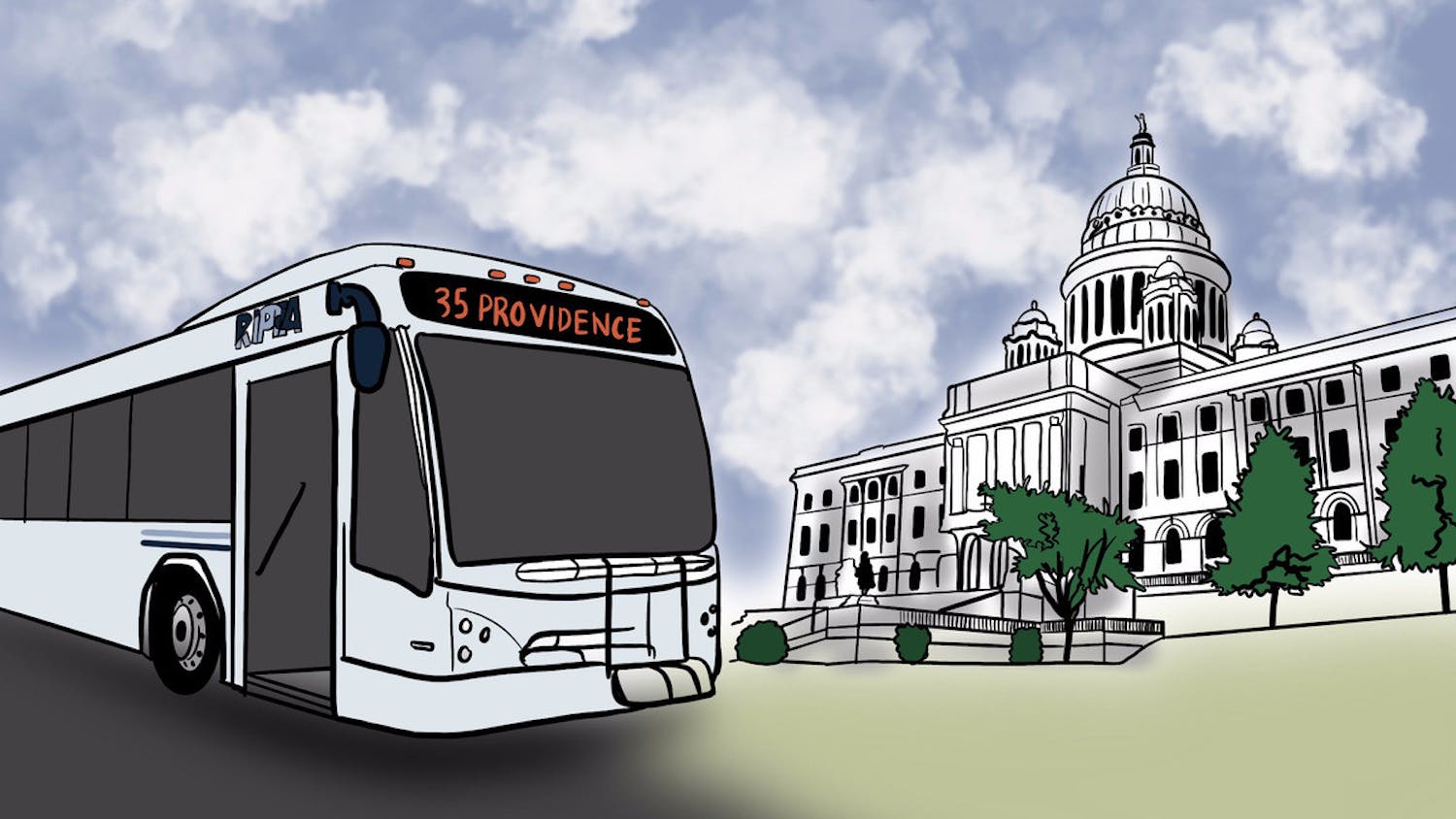The Providence City Council has taken a step into national politics: They will consider an ordinance amendment that would limit the city’s funding of projects or entities associated with the finance of the Dakota Access Pipeline.
Introduced at a council meeting Feb. 16, the ordinance would prohibit the city from contracting with organizations found to finance the pipeline and would specifically terminate the city’s contract with Citizens Bank.
The bank holds a revolving loan and open line of credit to Sunoco Logistics Partners, one of the pipeline’s backers, and the company has been criticized by some over the past year as interactions between state police and protestors at Standing Rock, North Dakota have escalated.
According to some sources, Citizens Bank is contributing $72.5 million to the project — which would involve laying 1,200 miles of pipeline between North Dakota to Illinois — through investments in Sunoco.
In response to the Army Corps of Engineers’ decision to reapprove legal construction of the pipeline Feb. 8, protestors gathered in front of Citizens Bank downtown and decried the decision, which demonstrators said could threaten drinking water and environmental safety, The Herald previously reported.
Councilman Seth Yurdin introduced the ordinance and said opposition to the project by indigenous groups and environmental organizations warrants the city’s divestment.
“Now more than ever it’s up to local and state governments” to address issues like the DAPL, Yurdin added.
Many stakeholders present for the council meeting expressed optimism at the ordinance’s potential and cited the successes of similar measures recently approved in Seattle, Wash. and Davis, Calif.
“I came (to the council meeting) because I want to see our city take a leadership role in divesting from these banks,” said Crow Grando, a person of partially indigenous heritage. “After Seattle divested from Wells Fargo, a lot of people started thinking about their city’s role in this project.”
Justin Roias of Providence said showing support for the ordinance was a way of connecting to an issue taking place hundreds of miles away. “We can’t occupy those spaces physically, but we can come here and show our support.”
In a Jan. 30 letter to company stakeholders, Citizens Bank outlined their position on the issue and said it was “very concerned about the situation on the ground in North Dakota.” It added that the company had been in contact with representatives and stakeholders from tribal communities as well as human rights and non-governmental organizations in relation to protests at Standing Rock.
“We understand that many stakeholders believe that banks should withdraw the project loan,” the statement read, “however, we have signed a contract … and cannot terminate this contract unilaterally.”
Citizen’s Bank does not comment publicly on its clients and declined to comment for this story.





